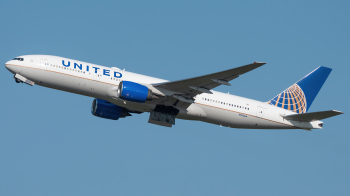Skiplagging isn't technically illegal, but that isn't stopping airlines around the world from cracking down on the phenomenon that is costing them millions.
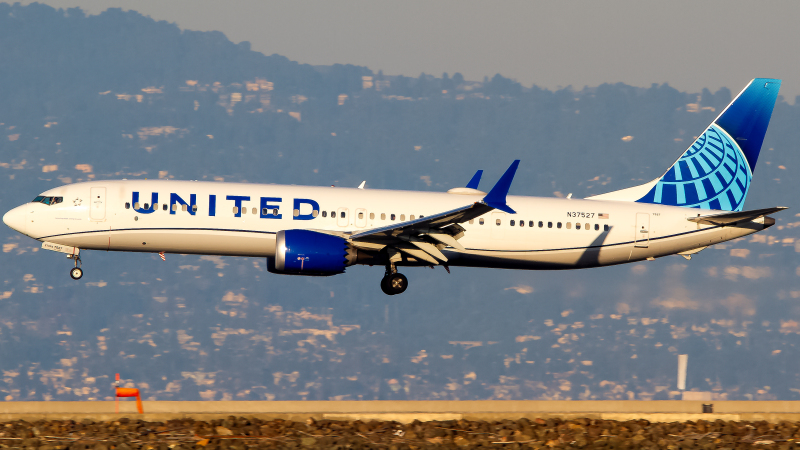
For decades, passengers booking flights have often encountered situations where a connecting flight through their intended destination is far cheaper than a nonstop, so instead of booking the nonstop, they'll book a connecting flight and simply leave the airport, ditching their connecting flight. The practice isn't new and is even endorsed by third-party travel agents who know about hidden fares to other airports.
Indeed, connecting flights generally tend to be cheaper than nonstops in markets where airlines know travelers would pay a premium to fly nonstop. This is especially true in markets where one airline has a massive market share, but other airlines can use pricing power to undercut the nonstops offered by a single airline.
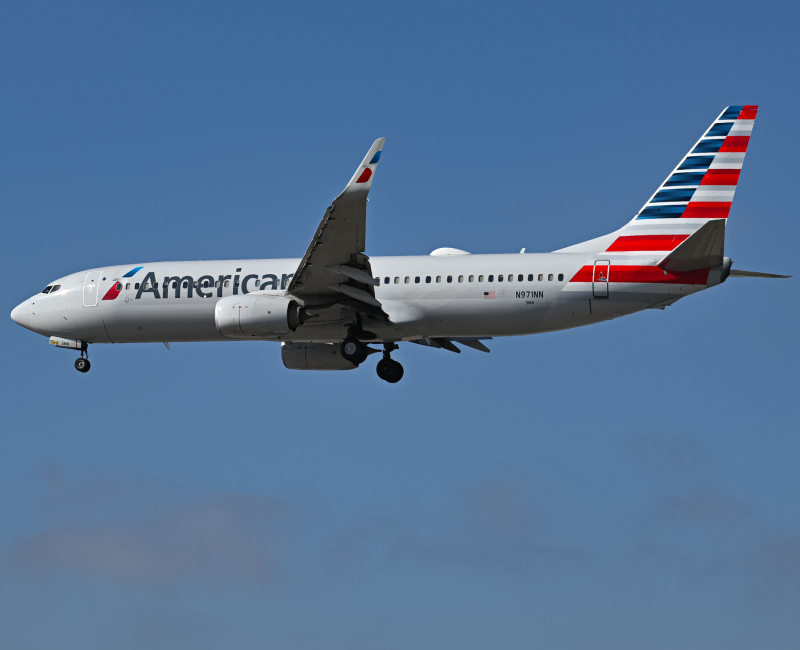
For example, a passenger wanted to fly from San Francisco, CA (SFO) to Detroit, MI (DTW). Delta nonstops can often be massively upcharged, given the lack of competition on the route. However, booking a connecting flight to Buffalo, NY (BUF), can often be steeply discounted compared to the nonstop to DTW alone. In instances like that, passengers can skiplag and ditch the second flight and pay the lower fare.
Understandably, the airlines hate the practice and have begun to crack down on passengers who do it. This has been especially true in the past couple of years, when the practice has experienced a surge in popularity, with airfare prices skyrocketing.
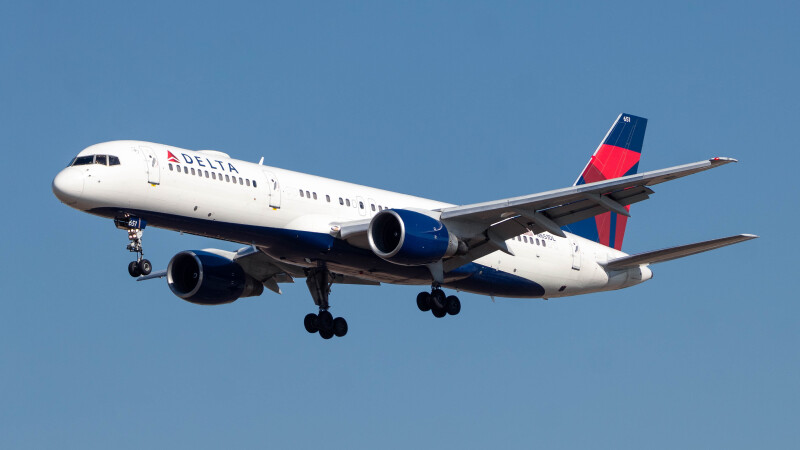
American Airlines recently launched a lawsuit against the website skiplagged.com, claiming the site's practices are "abusive" and "deceptive." The central issue of the lawsuit stems from ticket validity; when a passenger books a ticket with an airline, the airline agrees to a "contract of carriage" that essentially guarantees that the airline will transport the passenger from their origin to their destination and is required to do so under law.
When passengers book a ticket through skiplagged.com, American Airlines claims those tickets are deceptive because they can be invalidated by the airline. Skiplagged.com is not new to lawsuits and has won lawsuits against United Airlines in the past.
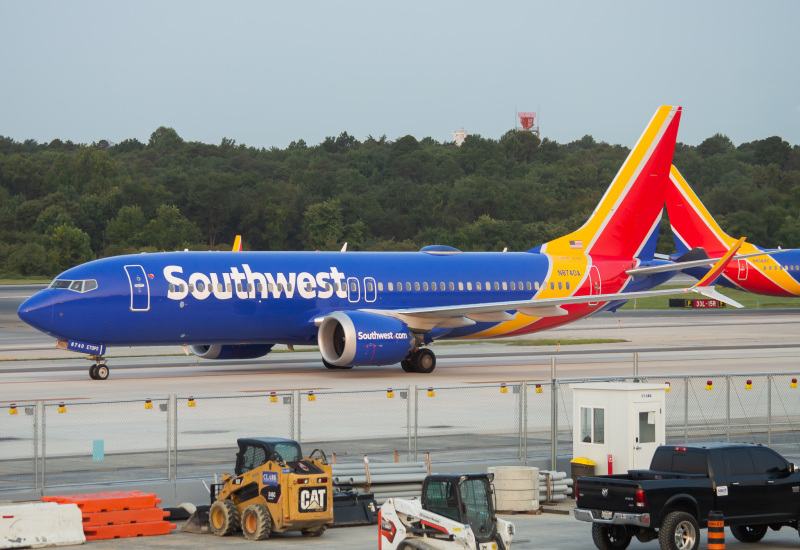
Airlines are also shifting to a more openly prohibitive policy towards skiplagging as it gains in popularity and costs airlines more money. Airlines don't just lose money by selling seats at lower prices than they would if they didn't sell those seats as a multi-seat itinerary. Passengers not showing up for their connecting flights often causes massive confusion for gate agents, who must ensure that the "contract of carriage" is followed.
As such, when airlines find out passengers skiplag, they resort to stricter consequences, including ticket cancellations, elimination of frequent flyer miles, and outright permanent bans on flying with an airline.
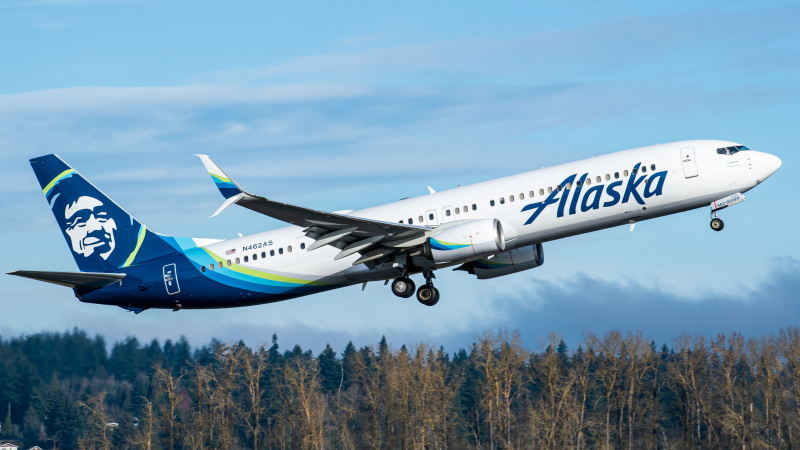
For many, that could be too risky, especially considering that skiplagging, if done on a round-trip ticket, will likely result in the entire ticket being canceled if you don't show up for one of the legs on the outbound flight. Moreover, skiplagging makes it impossible to check bags since the bags are always routed to the final destination.
In sum, skiplagging is still a popular travel hack for those who wish to risk being detected by airlines. One can still feasibly book a ticket without a frequent flyer number and show up in a backpack, but any detection could result in major consequences. Skiplagging remains quite popular, and if airfare continues to stay expensive in many markets, the practice could be here to stay for some time.
Comments (0)
Add Your Comment
SHARE
TAGS
INFORMATIONAL Skiplagging Flights Airport Illegal Lawsuits Legal SavingsRECENTLY PUBLISHED
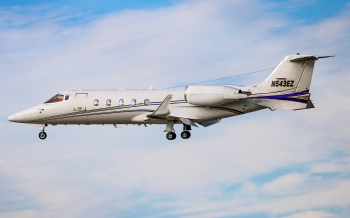 Learjet Owned By Vince Neil Crashes Into Gulfstream Jet, 1 Fatality Confirmed
On February 10th, around 14:30 local time, a Learjet private jet aircraft crashed into another private jet after landing at Scottsdale Airport (SCF) in Arizona.
NEWS
READ MORE »
Learjet Owned By Vince Neil Crashes Into Gulfstream Jet, 1 Fatality Confirmed
On February 10th, around 14:30 local time, a Learjet private jet aircraft crashed into another private jet after landing at Scottsdale Airport (SCF) in Arizona.
NEWS
READ MORE »
 Seattle Plane Strike 2025: Japan Airlines and Delta Collision Raises Safety Concerns
Seattle-Tacoma International Airport saw a concerning incident on Wednesday morning when a Japan Airlines (JAL) plane clipped a parked Delta Air Lines jet while taxiing. Thankfully, no one was injured, but passengers described the collision as a frightening experience.
NEWS
READ MORE »
Seattle Plane Strike 2025: Japan Airlines and Delta Collision Raises Safety Concerns
Seattle-Tacoma International Airport saw a concerning incident on Wednesday morning when a Japan Airlines (JAL) plane clipped a parked Delta Air Lines jet while taxiing. Thankfully, no one was injured, but passengers described the collision as a frightening experience.
NEWS
READ MORE »
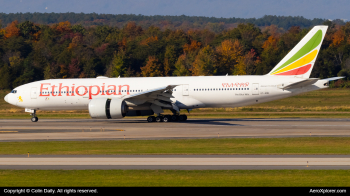 Ethiopian Airlines Expands Cargo Fleet with New Boeing 777 Freighter
Ethiopian Airlines has expanded its cargo fleet with a brand-new Boeing 777 Freighter, registered as ET-BAB (MSN 68140). The aircraft was delivered directly from Boeing’s factory in Everett, Washington, USA, and landed at Addis Ababa Bole International Airport at 3:41 PM (GMT+3) on Wednesday, January 22, 2025.
NEWS
READ MORE »
Ethiopian Airlines Expands Cargo Fleet with New Boeing 777 Freighter
Ethiopian Airlines has expanded its cargo fleet with a brand-new Boeing 777 Freighter, registered as ET-BAB (MSN 68140). The aircraft was delivered directly from Boeing’s factory in Everett, Washington, USA, and landed at Addis Ababa Bole International Airport at 3:41 PM (GMT+3) on Wednesday, January 22, 2025.
NEWS
READ MORE »



